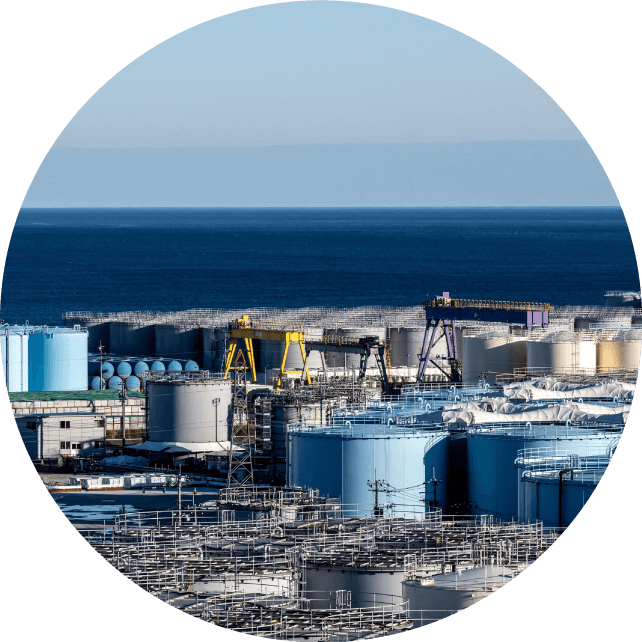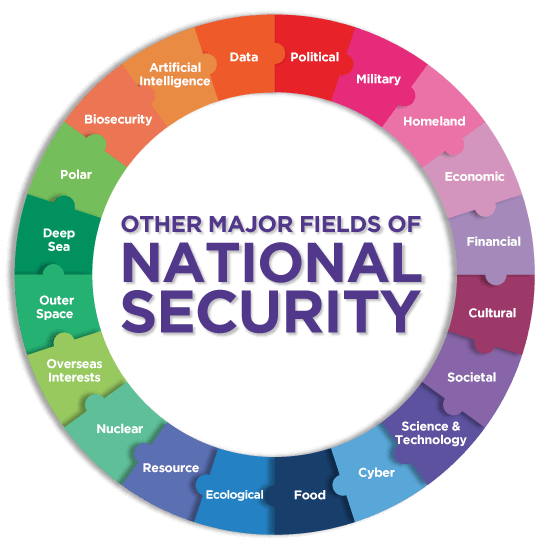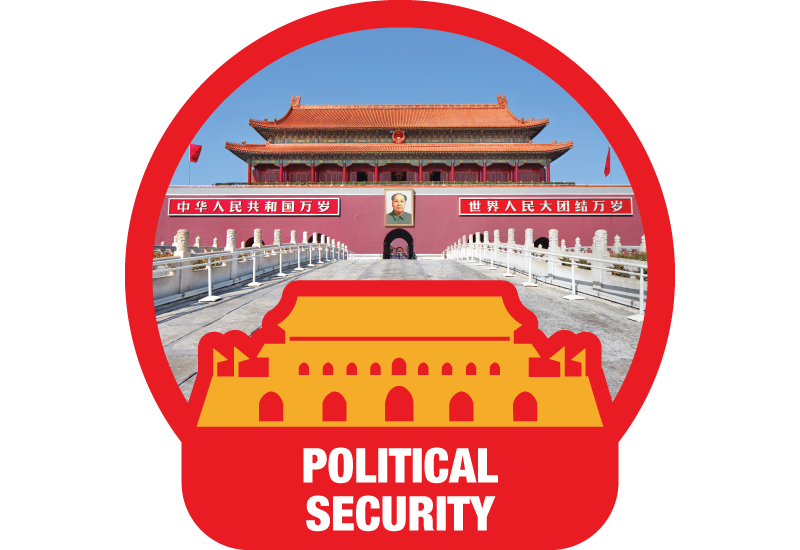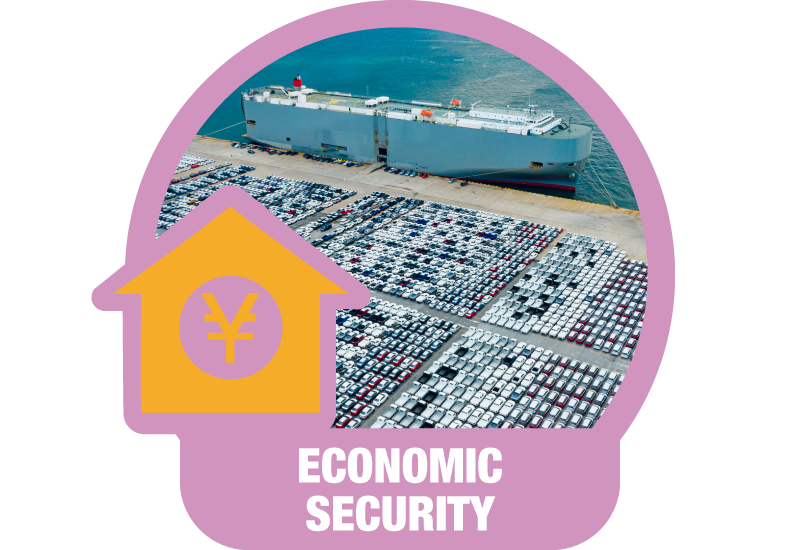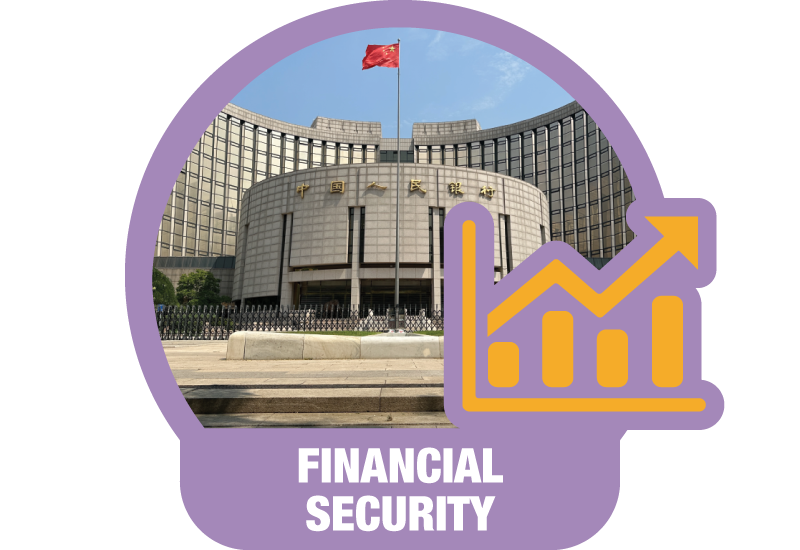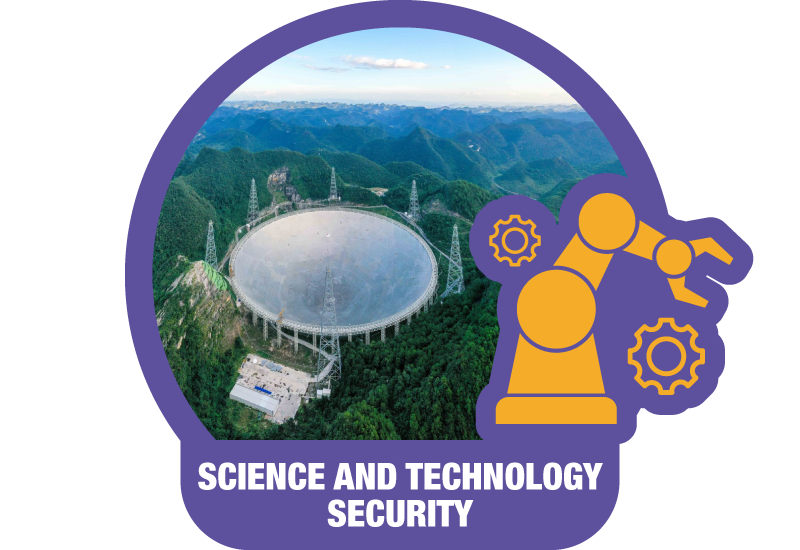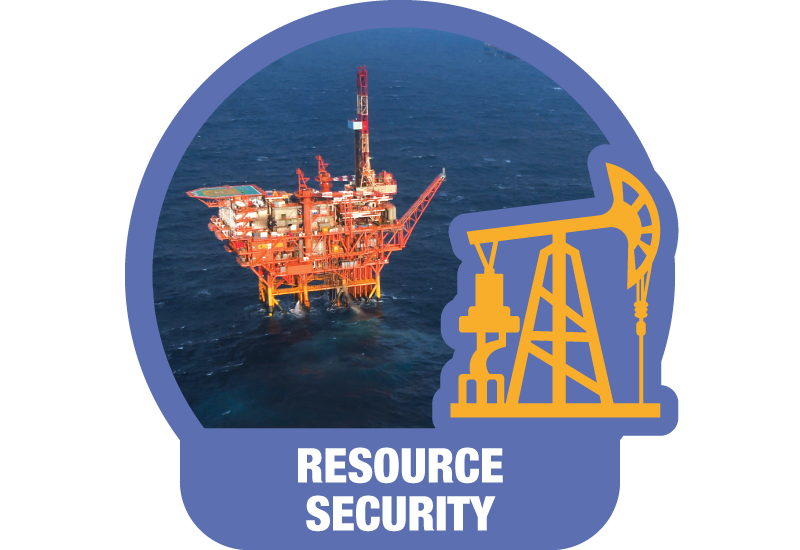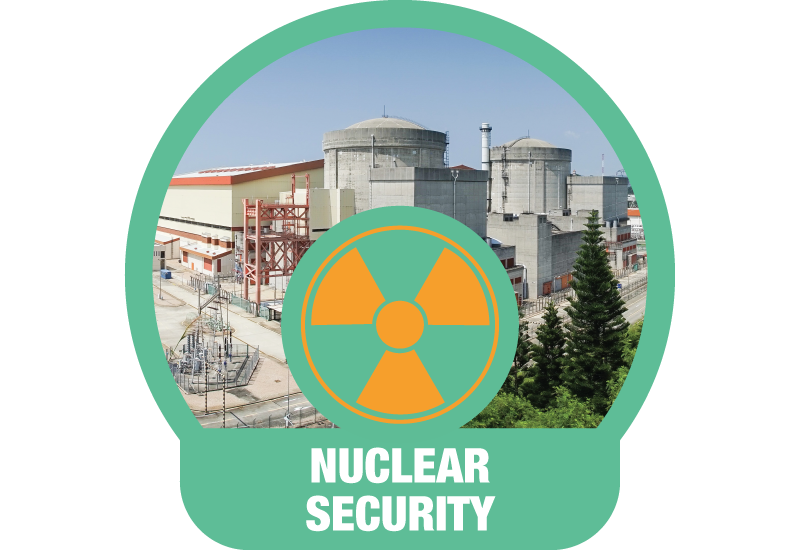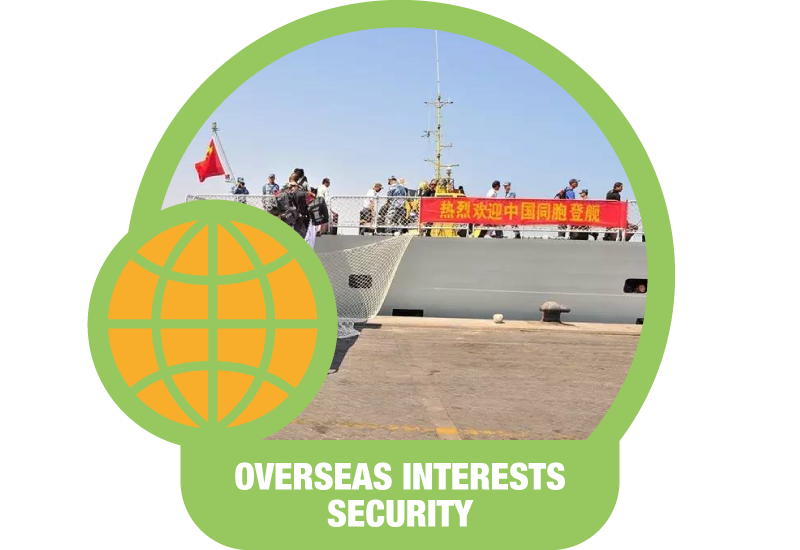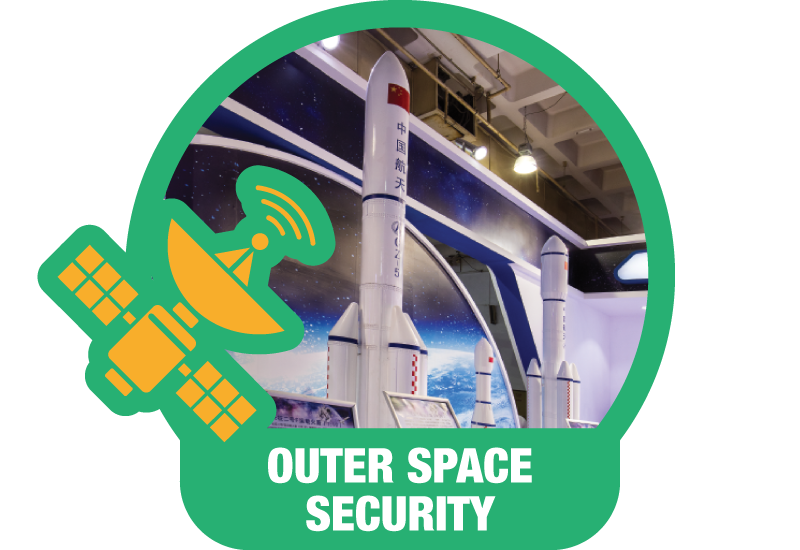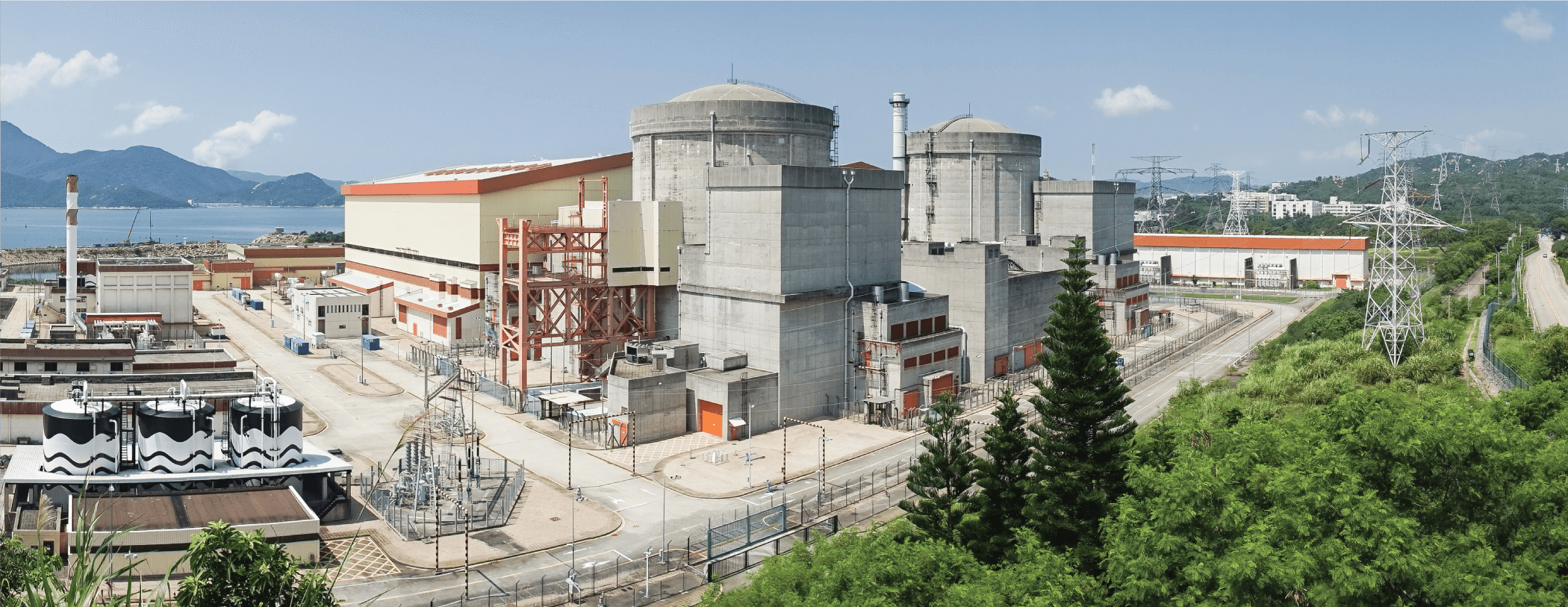
Nuclear security refers to the adoption of adequate safety measures (such as precautionary, protection, mitigation and regulatory measures) with regard to nuclear facilities, nuclear materials and related radioactive waste in order to prevent nuclear accidents caused by technical failures, human errors or natural disasters etc., so as to minimise the radiological consequences in the event of a nuclear accident.
Our country's nuclear security concept features "rationality", "coordination" and "balance". "Rationality" highlights the dialectic relationship between security and development of nuclear energy undertakings; "coordination" elucidates the relationship between national independence and international cooperation in the field of nuclear security; "balance" illustrates the four emphases of discuss equal emphasis on development and security, rights and obligations, autonomy and cooperation, and addressing the symptoms and the root causes. Our country's nuclear technology is among the best in the world and has always maintained a good nuclear security record.
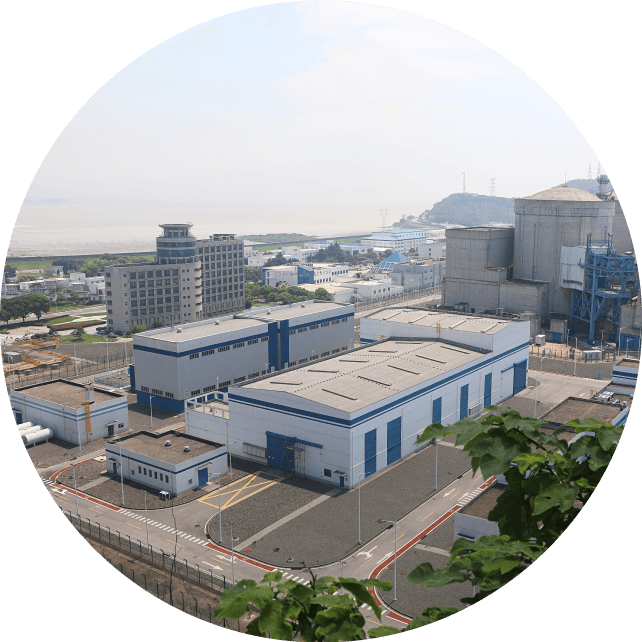
Our country steadfastly adheres to the peaceful utilisation of nuclear energy and technology; actively enhances international cooperation to prevent nuclear proliferation; and vigorously strengthens the prevention of and emergency response capability in nuclear attacks and nuclear incidents.
Hong Kong does not have nuclear facilities, but part of its electricity is supplied by Daya Bay Nuclear Power Station, which is safe and reliable. The HKSAR Government has been in close communication with the Guangdong Provincial Government to monitor the stability and safety records of nearby nuclear power plants, enhance emergency response preparedness, and ensure the safety of citizens.
